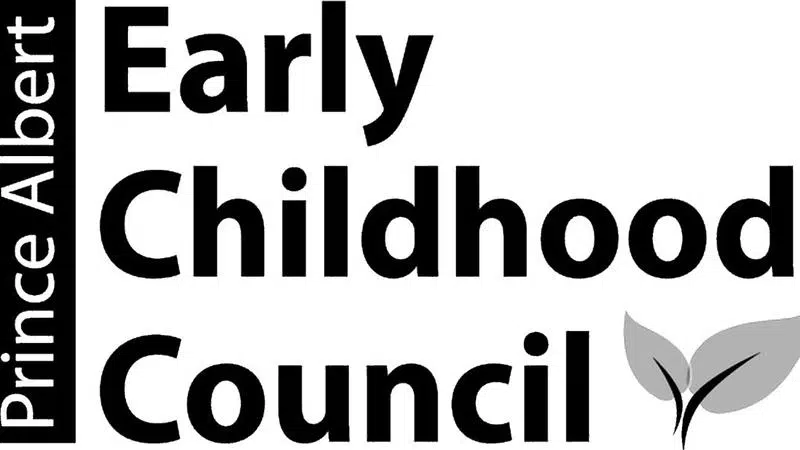
Make Time for Play
Play is essential to the development of children because it contributes to their cognitive, physical, social and emotional well-being. Children’s creative development depends on us allowing them to direct their own play scenarios as the key to helping them work out the world on their own. Many parents feel guilty if they are not actively “playing” with their children or providing those structured opportunities available in our community that offer programming for both very young and older children.
Parents and caregivers can encourage independent thinking and play by providing the tools like art supplies, dough, paints, crayons, paper, cardboard or old clothes and hats for dress up play. Playing without toys helps develop senses and skills for even the very young. An empty bottle, with lid, filled with colorful beads, buttons, or peas, creates an interesting shaker for children under one year. Senses are the primary source of learning in their first year.
Provide the space, whether it’s a corner of the room or an actual playroom, where children can have a bit of space of their own and yet be within range of an adult. One to two year olds are developing their fine and gross motor skills. Turn on the music for a dance party, create interesting sounds by tapping on a box or pots and pans, or make a tunnel with your chairs or an obstacle course with pillows on the floor. Let children explore lots of physical activity as space allows.
Provide the time for play. Unplug your kids and yourself. Turn off the TV, computer and video games and encourage more creative play. Build some time into each day just for play. Two to three year olds use words and symbols to express their ideas and they are ready for imaginary play. Providing tools like envelopes and flyers might spark a game of mailman or empty containers are perfect for a grocery store.


